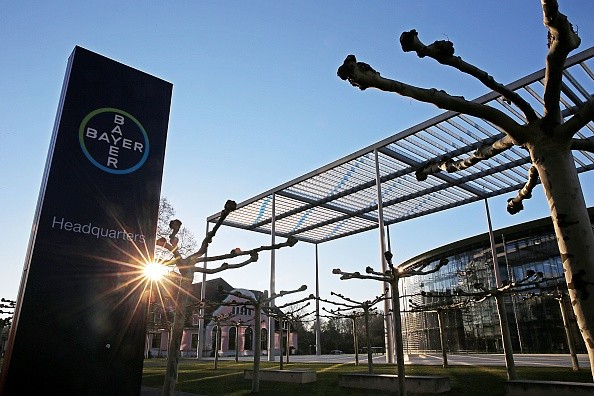As a jury in Washington state ordered on Monday, Monsanto, a chemical corporation in America, compensated Seattle former students $857 million for polychlorinated biphenyls (PCBs) leaks from light fixtures, which made them sick.
According to Henry Jones, an attorney for the plaintiffs, the company also settled with the parent volunteers at the school northeast of Seattle.
Monsato Compensates $857 Million to Seattle Former Students
The jury reported that the company was responsible for selling PCBs used in the Sky Valley Education Center in Monroe, Washington. Jones claimed the verdict included $73 million in compensatory damages and $784 million in punitive damages.
According to The Guardian, Monsanto called the award "constitutionally excessive" in his released statement and said the company would progress to have the ruling overturned or reduced.
The US supreme court explained that the punitive damages should be generally limited to nine times compensatory damages as more prominent awards would violate defendants' due process rights. The verdict features the latest trial loss for the company, which already faced $870m in verdicts from alleged PCB exposure at the Sky Valley center in other cases.
Furthermore, the company appealed to previous verdicts, and Monsanto noted that blood, air, and other tests showed employees were not exposed to unsafe levels of PCBs at the school.
The lawsuit filed by employees, students, and others against the company claimed that exposure to PCBs at the Sky Valley center gave them cancer, thyroid conditions, and other health problems.
The company explained it stopped producing PCBs in 1977. Moreover, they also said the school had been repeatedly warned since the 1990s that its light fixtures needed to be reconstructed, but those warnings were neglected.
The various lawsuits named Monsanto spinoff Pharmacia as the defendant. However, Monsanto was required to cover damages from verdicts due to legal agreements between the companies governing liabilities from historic chemical production.

What are PCBs?
PCBs were once widely used in caulking, paint, carbon copy paper, and floor finishes to insulate electrical equipment. In 1979, the US government banned the chemicals after discovering connections to cancer.
However, as stated in chapter 40 of the Code of Federal Regulations (CFR) section 761.3, some unintentional PCB creation may occur in prohibited industrial processes due to the EPA's regulations implementing the Toxic Substances Act (TSCA) for PCBs.
The compounds are an organic group of synthetic materials made of carbon, hydrogen, and chlorine atoms. Many of a PCB molecule's physical and chemical characteristics were determined by the quantity and placement of chlorine atoms within the molecule.
PCBs differ in viscosity from an oil to a waxy solid and are known to have no taste or smell.
Several detrimental health impacts of PCBs were revealed, as animal studies have demonstrated that they can produce cancer. In addition, it could cause grave non-cancerous health consequences, such as disruptions to the immune system, reproductive system, neurological system, endocrine system, and other systems.
© 2026 HNGN, All rights reserved. Do not reproduce without permission.








